21st CENTURY: CHANGING NEEDS AND A NEW APPROACH
By the end of the 20th century requests for aid in the Paris area had declined markedly and so had the Charity’s visibility. But the need was still there; it had merely shifted to other parts of...

By the end of the 20th century requests for aid in the Paris area had declined markedly and so had the Charity’s visibility. But the need was still there; it had merely shifted to other parts of...
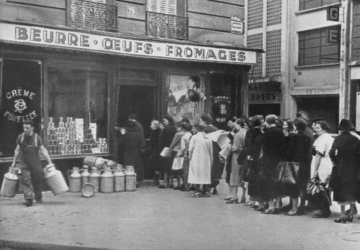
WORLD WAR II - From 1939, when many British workers lost their jobs and until 1940, when the trustees were obliged to leave Paris, the BCF helped to repatriate many British citizens.
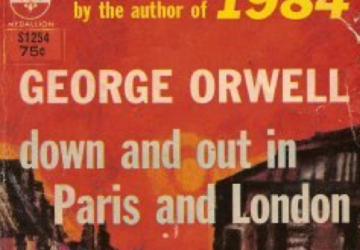
Work increased for the Charity in the immediate aftermath of the war and then again during the economic crisis of the 1930s when British workers and their families were hit hard by the loss of jobs...
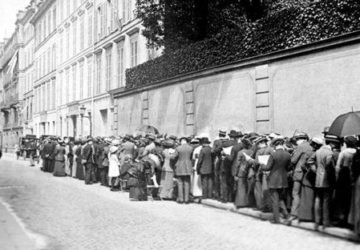
At the outbreak of the Great War almost 2000 British citizens from all parts of Europe fled to Paris and were stranded.
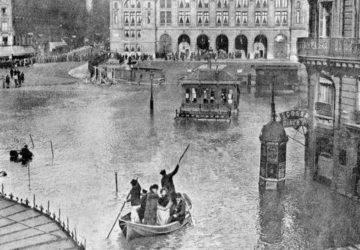
Much of the city was inundated, devastating the lives of the poor in the city resulting in an increase in calls on the BCF’s funds. Exceptional support was received from the Lord Mayor of London of...

1900 saw a radical change in the fortunes of the BCF when a hotly contested legacy in the will of Lt Colonel Hylton Briscoe was released to the Charity five years after his death.
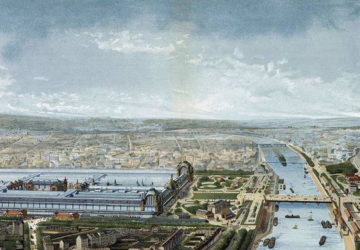
THE GREAT EXHIBITION 1878 saw another influx of people searching for work. Many were disappointed and found themselves in abject poverty.
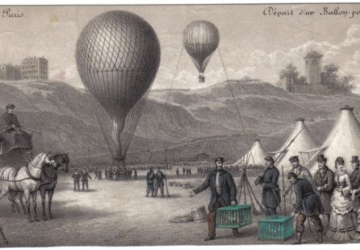
In the winter of 1870-1871, the Prussians laid siege to Paris. Our principal benefactor during this period was Sir Richard Wallace, who was also Chairman for 20 years.
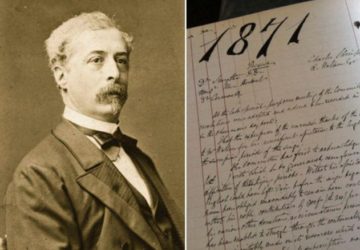
200 year anniversary of one generous man in a time of great need. Read the story of Sir Richard Wallace and see how one man can make a real difference in the lives of thousands.
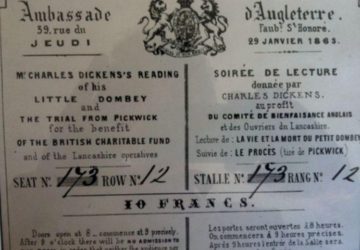
Charles Dickens and Emperor Napoleon III ... Throughout the 19th century, and especially when need was greater in the revolution years of 1830 and 1848, the BCF relied heavily on large-scale...